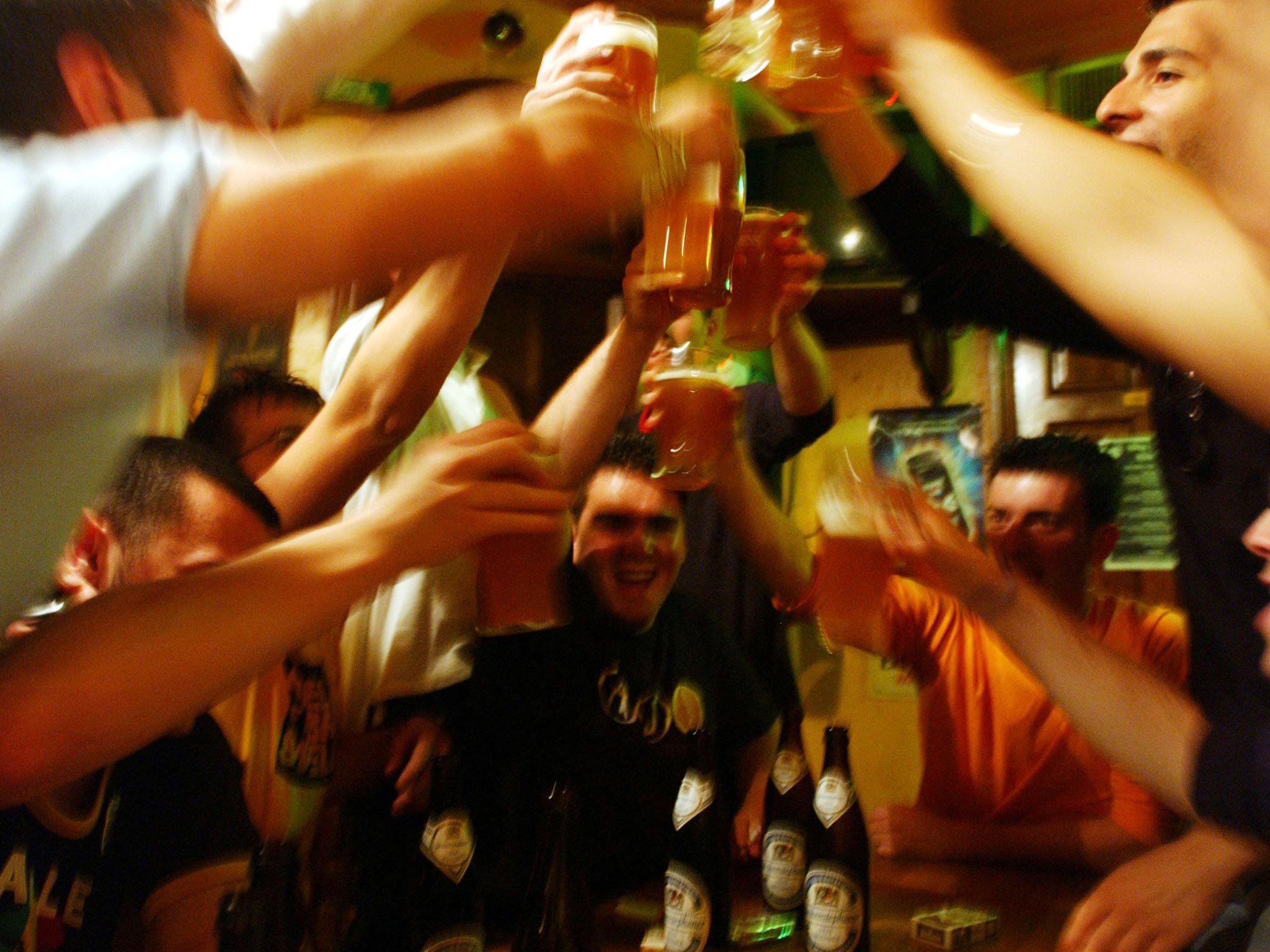The Facebook effect? Social media exposure increases smoking and drinking among teens
Study of high school students in California suggests that peer pressure is as effective online as it is in person

Peer pressure used to be quite straightforward. You took a group of "cool kids" at a party, added one uncertain teen, and the end result was maybe a first swig of alcohol or puff on a cigarette. A new study has shown that social media might be making this image obsolete, with online networks giving peer pressure a digital boost.
American researchers studying 1,500 15- and 16-year olds students from a Los Angeles high school found that those individuals who saw more pictures of their friends “partying or drinking” online were more likely to try smoking and drinking themselves.
“These results provide evidence that friends' online behaviors should be considered a viable source of peer influence,” says the report, published in the Journal of Adolescent Health by researchers from the University of Southern California.
This makes sense considering the "cool" bias that social networking brings out in people and the larger sized peer groups that they encourage. Scrolling through your news-feed makes you feel like everyone but you spends their entire life going to non-stop parties and generally having the sort of good time usually only found in adverts and music videos.
This sort of social paranoia has been around long enough to achieve its own acronym: FoMO, or Fear of Missing Out, has been described by researchers as “a relatively new concept where people are concerned that others may be having more fun and rewarding experiences than them. It is characterized as the desire to stay continually connected with what others are doing.”
Sound familiar? Well, in one way it’s just a new generation’s ‘Keeping up with the Joneses’, giving a signal boost by ubiquitous computers. Unfortunately, studies have linked FoMO to increases in anxiety and depression amongst the young, and this latest research from California shows that it also affects the choices we make with regards to our health.
And for those that might carp (quite correctly) that causation does not equal correlation the study also found that the link between social media and illicit consumption was even more pronounced for individuals who didn’t have regularly-partying friends. Digital peers wielded even stronger an influence than those in real life.
Although this particular study focused on Facebook and Myspace, the network effects of exposure and FoMO are equally applicable to sites such as Twitter and Instagram. The capacity to constantly check up on our friends has led naturally to the instinct to constantly compare.
Subscribe to Independent Premium to bookmark this article
Want to bookmark your favourite articles and stories to read or reference later? Start your Independent Premium subscription today.

Join our commenting forum
Join thought-provoking conversations, follow other Independent readers and see their replies